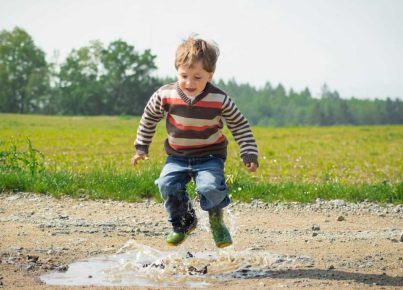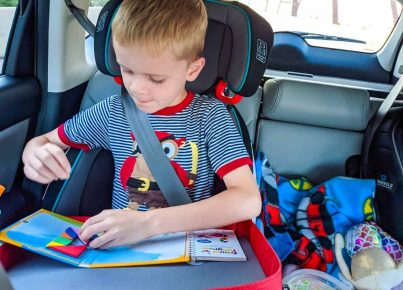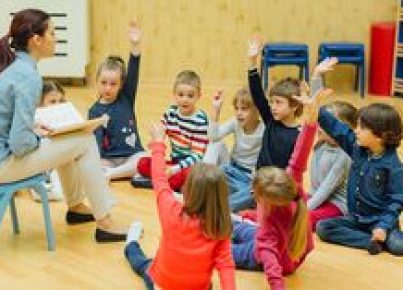Introduction
It is a well-established concept that children greatly benefit from being actively involved in their own learning. This idea holds true even for early years children. In fact, by involving young learners in the planning and evaluation of their educational experiences, we give them the opportunity to cultivate valuable skills such as independence, critical thinking, problem-solving, and confidence. This article will delve into the importance of involving early years children in planning and evaluating their learning experiences and explore various strategies that can be employed for their successful implementation.
The Importance of Involving Children in Their Own Learning
1. Developing a sense of ownership and responsibility: Early involvement in the planning and evaluation process allows children to better understand that they have a significant role to play in their own education. This sense of ownership and responsibility can lead to increased motivation towards learning activities.
2. Fostering self-reflection and critical thinking skills: When children participate in evaluating their progress, they naturally develop a better understanding of their strengths and weaknesses. This introspective process lays the foundation for self-improvement.
3. Developing problem-solving capabilities: By having the opportunity to plan lessons and make decisions about their learning experiences, early years children learn how to solve problems creatively and efficiently.
4. Empowering through choice: Allowing children to have a say in their educational journey encourages a greater sense of autonomy, which can lead to increased self-esteem.
Strategies for Involving Early Years Children in Their Own Learning
1. Listen to children’s interests: Start by observing the child’s play activities or asking questions about their favorite pastimes or topics they are curious about— this will help shape lesson plans that cater to individual interests.
2. Collaborate with the children: Instead of dictating activities, enlist the ideas of young learners when designing lesson plans by holding brainstorming sessions or discussions.
3. Use visuals during the planning process: Use images, charts, or visual aids to help early years children understand the concept of planning and organizing their own learning experiences.
4. Encourage goal setting: Work with children to set achievable goals for their learning journeys and celebrate the achievements along the way.
5. Foster self-reflection: Provide opportunities for children to reflect on their educational experiences by creating classroom activities that allow them to express their thoughts and feelings, such as drawing or journaling about their day.
6. Regular feedback sessions: To ensure the learning experiences remain relevant, hold regular sessions where early years children can provide input on what they enjoyed and what aspects they found challenging.
7. Involve parents in the process: Have regular communication with parents, which can offer valuable information on their child’s interests and progress, as well as help integrate learning initiatives between home and school environments.
Conclusion
To promote healthy development and lifelong learning habits in early years children, it is essential to involve them in planning and evaluating their educational journey from a young age. The strategies mentioned above can greatly facilitate this process, cultivating independent, confident learners who are equipped to take an active role in shaping their own educational experiences.





